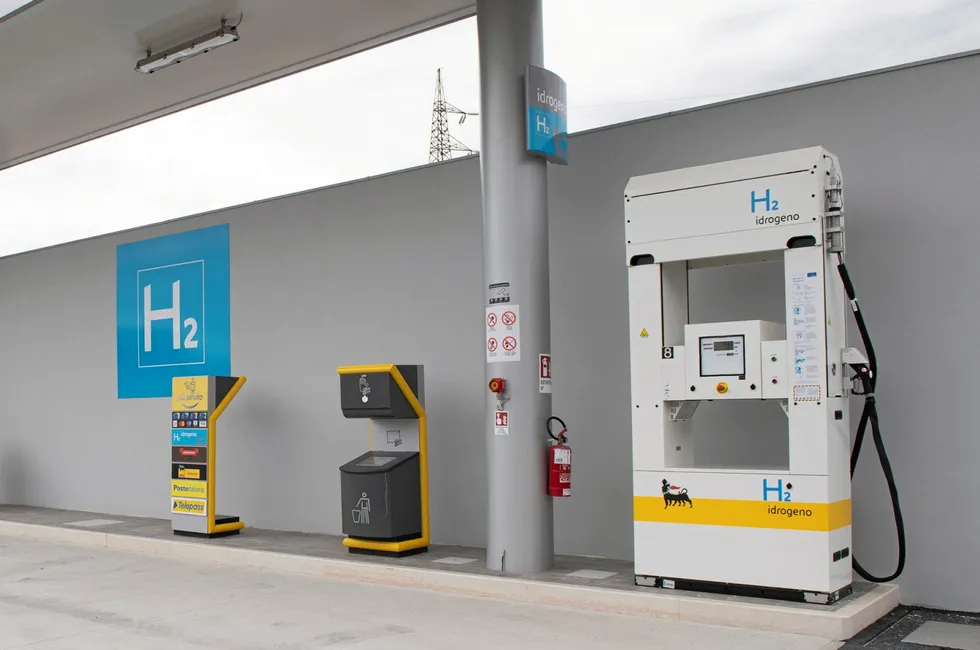Italian government lines up more than €100m of funding for 36 new hydrogen fuelling stations across country
Contracts due to be signed by end of this month, raising number of H2 filling stations in Italy from just two today

Contracts due to be signed by end of this month, raising number of H2 filling stations in Italy from just two today
